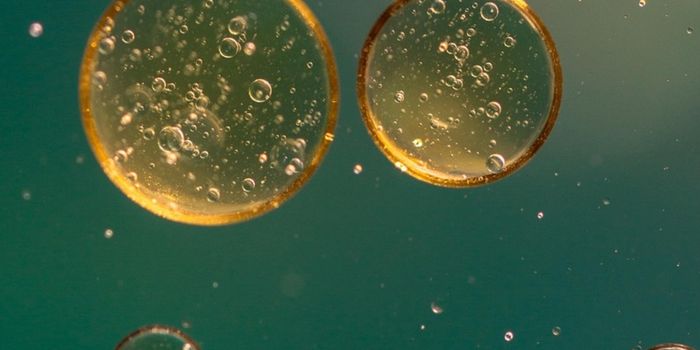Vitamin D Levels and Bipolar Disorder: Is There a Link?
While it's necessary to get enough vitamin D in your diet or from the sun, there's another reason some experts are looking at vitamin D levels. A recent study at Ohio State University suggested that a protein that is associated with vitamin D is present in higher amounts in children who have bipolar disorder.
The finding is significant because there is currently no lab assay that can definitively diagnose bipolar disorder. It's a complicated mental illness, and patients often have symptoms that are found in other diseases as well. If there were a blood test that confirms a diagnosis of bipolar disorder, patients would likely be able to get better treatment sooner.
The study wasn't large, but the results were significant. In 36 young people, some with bipolar and some healthy, the levels of a vitamin D binding protein were more than a third higher in the participants with bipolar compared to the healthy controls. The clinical investigation portion of the study was conducted at Harding Hospital at Ohio State's Wexner Medical Center and included 13 children without mood disorders, 12 children with diagnosed bipolar disorder, and 11 children with major depressive disorder.
It's only a first step, however. While there is an association between bipolar and the levels of the binding protein, there is more research needed to confirm a valid biomarker for the disorder. Any study would have to include a broader sample group, as well as testing for other related proteins. Still, if researchers could develop a reliable test for such a devastating illness, thousands of families would be able to access better care.
RELATED: Diet and Dementia: What's True and What's Not
Barbara Gracious is the study lead co-author and an associate professor of clinical psychiatry and nutrition at Ohio State. She explained, "Childhood bipolar disorder can be very difficult to distinguish from other disorders, especially in youth with certain types of depression.
Prompt diagnosis and appropriate treatment alleviates the suffering of the child and family, and can potentially lessen the risk for suicide."
The team chose to look at the binding protein rather than vitamin D itself is because bipolar disorder is complex. Beginning with the generation of vitamin D is necessary to see how it could be related. Ouliana Ziouzenkova, the study's lead author and an associate professor of human nutrition at Ohio State stated in a press release, "We wanted to look at factors that could be involved in mood disorders on a cellular level and that could be easily found in the blood. We want to help psychiatrists, and other doctors diagnose children early and accurately. Once bipolar disorder progresses, it is more challenging to treat." The team hopes to be able to research blood samples from individuals with bipolar disorder that are already collected in biobanks. Check out the video below about the basics of vitamin D, where it comes from and what it can do.
Sources: Ohio State University. Translational Psychiatry.









